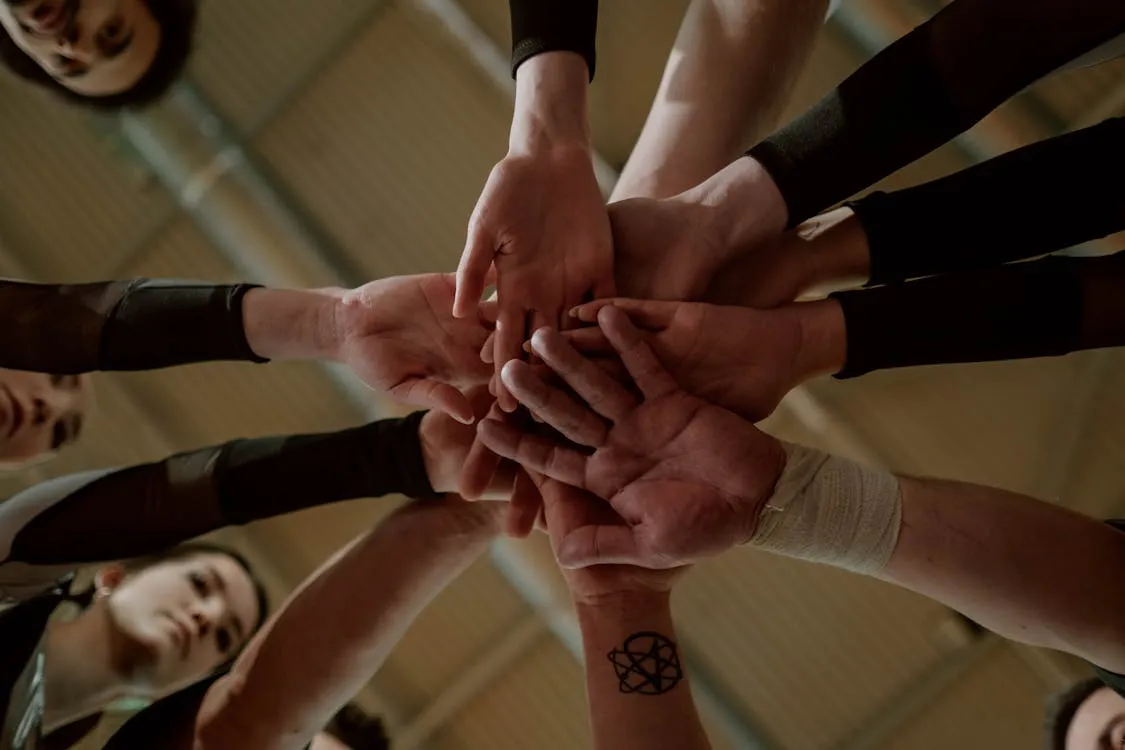
Editorial Disclaimer
This content is published for general information and editorial purposes only. It does not constitute financial, investment, or legal advice, nor should it be relied upon as such. Any mention of companies, platforms, or services does not imply endorsement or recommendation. We are not affiliated with, nor do we accept responsibility for, any third-party entities referenced. Financial markets and company circumstances can change rapidly. Readers should perform their own independent research and seek professional advice before making any financial or investment decisions.
Sports teach us many things, some of which translate directly into successful team dynamics at work. It’s not about being athletic or competitive. It’s the mindset sports bring.
From friendly rivalries to bonding through challenges, workplaces are learning from sports culture every day. Stick around to discover some of the actionable ways this happens.

Friendly competition energises teams and encourages camaraderie. It’s not about beating coworkers but enjoying challenges together, which builds mutual respect.
Small activities, like trivia contests or a team trip to experience fun golf games in Las Vegas, can spark laughter, connection, and teamwork outside the usual office environment.
These moments help coworkers see each other in a different light. Competing in fun settings teaches collaboration under pressure without stress. Everyone contributes uniquely to group success while strengthening trust naturally, just like players on a sports team working toward victory.
Locker rooms thrive on clear, honest communication. Teams share strategies, resolve conflicts, and support one another without holding back. Workplaces can adopt this approach by fostering open dialogue.
Regular check-ins or group huddles encourage employees to voice concerns or ideas confidently. Active listening and constructive feedback build trust across the team.
When people feel heard, collaboration improves naturally. Transparency strengthens relationships, similar to how athletes bond before a big game. Businesses with such a positive culture can also be up to 33% more profitable, so there’s more than one motive to consider here.
Sports teams rally behind shared goals, fueling focus and determination. The same applies at work. Setting clear, achievable objectives keeps everyone aligned and motivated.
Breaking larger tasks into smaller milestones makes progress visible, creating opportunities to celebrate along the way, whether you’re working out a new social media strategy or updating sales targets. This catalyses a sense of accomplishment while reinforcing team unity.
Shared goals also encourage accountability without pressure. Like players passing the ball to score together, coworkers collaborate more effectively when working toward something meaningful.
When employees understand their role in collective success, morale naturally rises. It transforms work into a shared journey rather than an individual effort. Given that everyone faces over 30,000 decisions daily, it’s also a way of easing this burden in a work environment.
Sports teach resilience by facing setbacks head-on. Teams don’t win every game, but they grow stronger through challenges. Workplaces can embrace this mindset by tackling obstacles together.
When a project doesn’t go as planned, focusing on lessons rather than blame helps teams bounce back faster. Openly discussing what went wrong builds trust and fosters problem-solving.
Facing difficulties as a group creates bonds. It’s like when players huddle after a tough loss. They regroup, strategise, and move forward together. In the workplace, shared resilience not only overcomes setbacks but also strengthens team spirit for future success.
Sports culture offers practical lessons for building stronger workplace teams. From developing trust to embracing challenges, these strategies create more collaborative and resilient environments.
Applying ideas like shared goals and open communication means organisations can cultivate teamwork that thrives both inside and outside the office. It’s about learning to succeed together, just as any great team does.